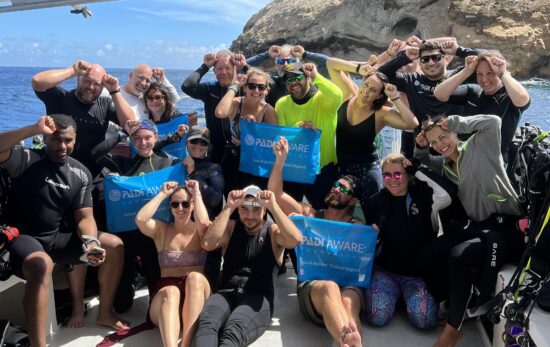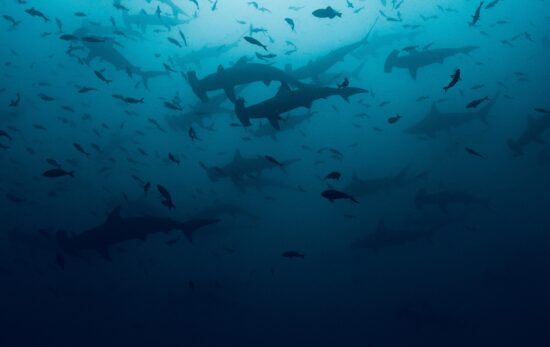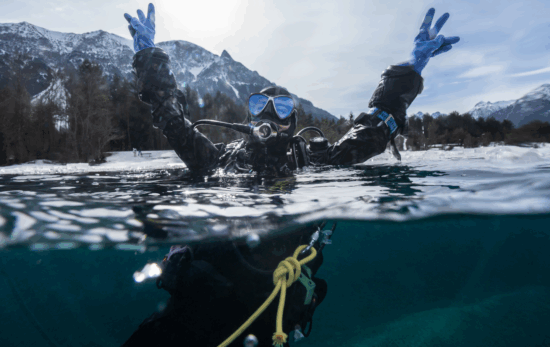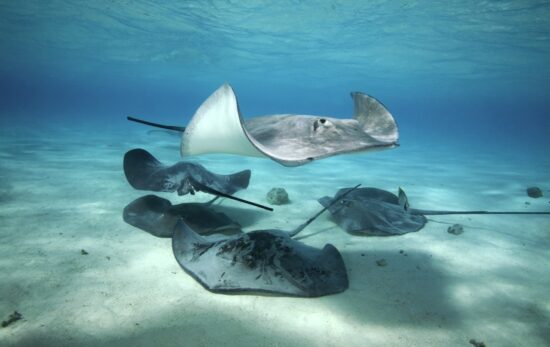If you have been to the ocean (assuming you have, as you’re here!), you might have been lucky to witness and enjoy the magic of coral reefs. Even if you’ve not had the chance to see or appreciate their beauty, you still benefit from them as every second breath you take comes from the ocean.
What do corals have to do with the health of the ocean? Coral reefs play a vital role in the health of the ocean. Without corals and related ecosystems, the ocean would lose a vast diversity of life, affecting the planet’s well-being, including humans.
The Reef-World Foundation, a UK charity coordinating the Green Fins initiative internationally in partnership with the UN Environment Programme, aims to protect and conserve coral reefs through environmentally-friendly guidelines to promote a sustainable diving and snorkeling tourism industry. Below are the key reasons why they are working to save the coral reefs — to be honest, these should be the reasons we should all care about coral reefs, too.
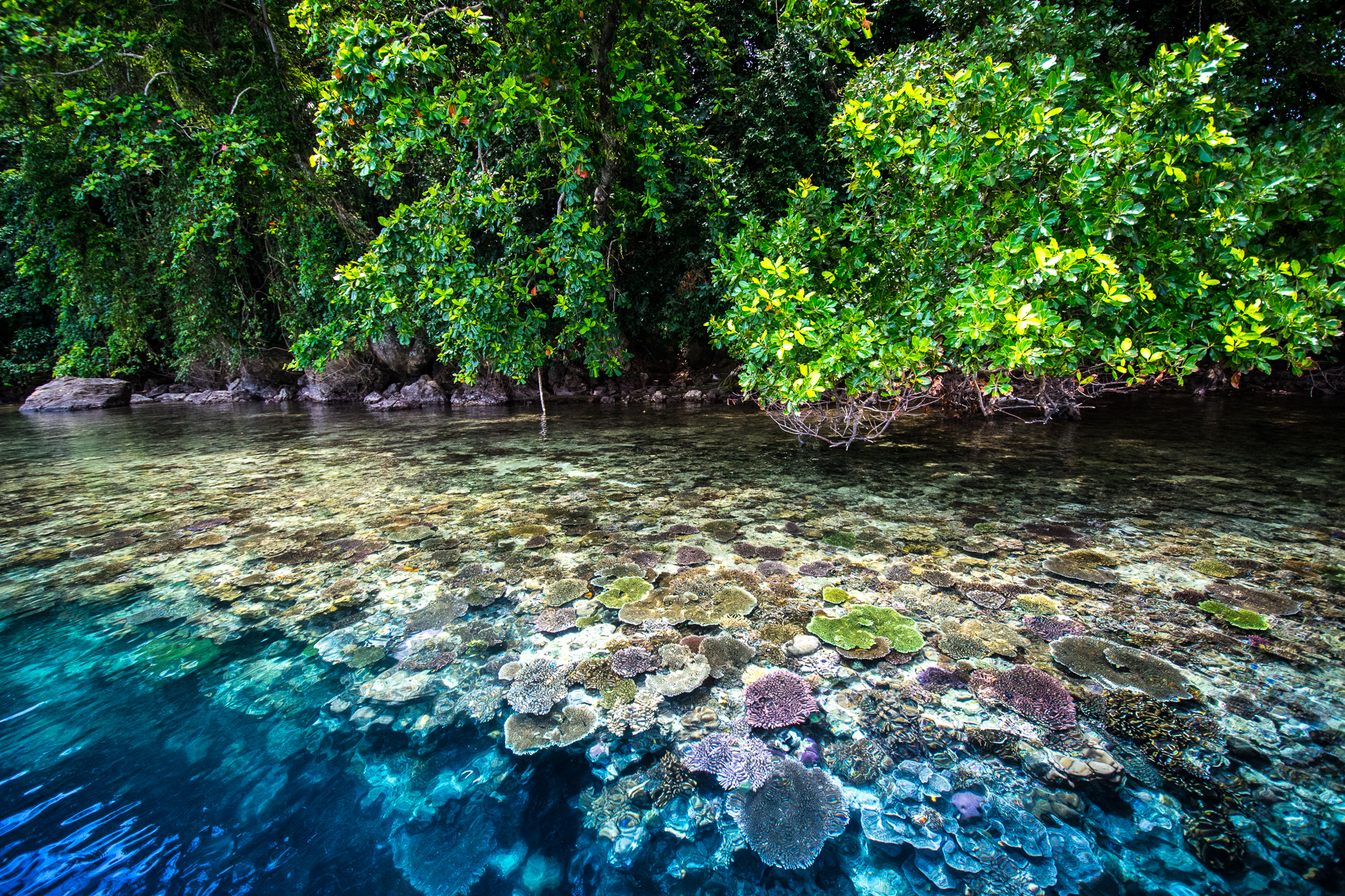
Coral reefs help with climate regulation
Carbon dioxide (CO2) is one of the main gases of the greenhouse gas that is responsible for climate change. Coral reefs are called the “rainforest of the sea” for a reason, as they regulate the Earth’s climate by absorbing and storing CO2 from the atmosphere, the same way trees remove CO2 emissions. While they’re not the main absorber of CO2, they have an essential role to play. They are closely associated with seagrass beds and mangrove forests, which are significant carbon sinks.
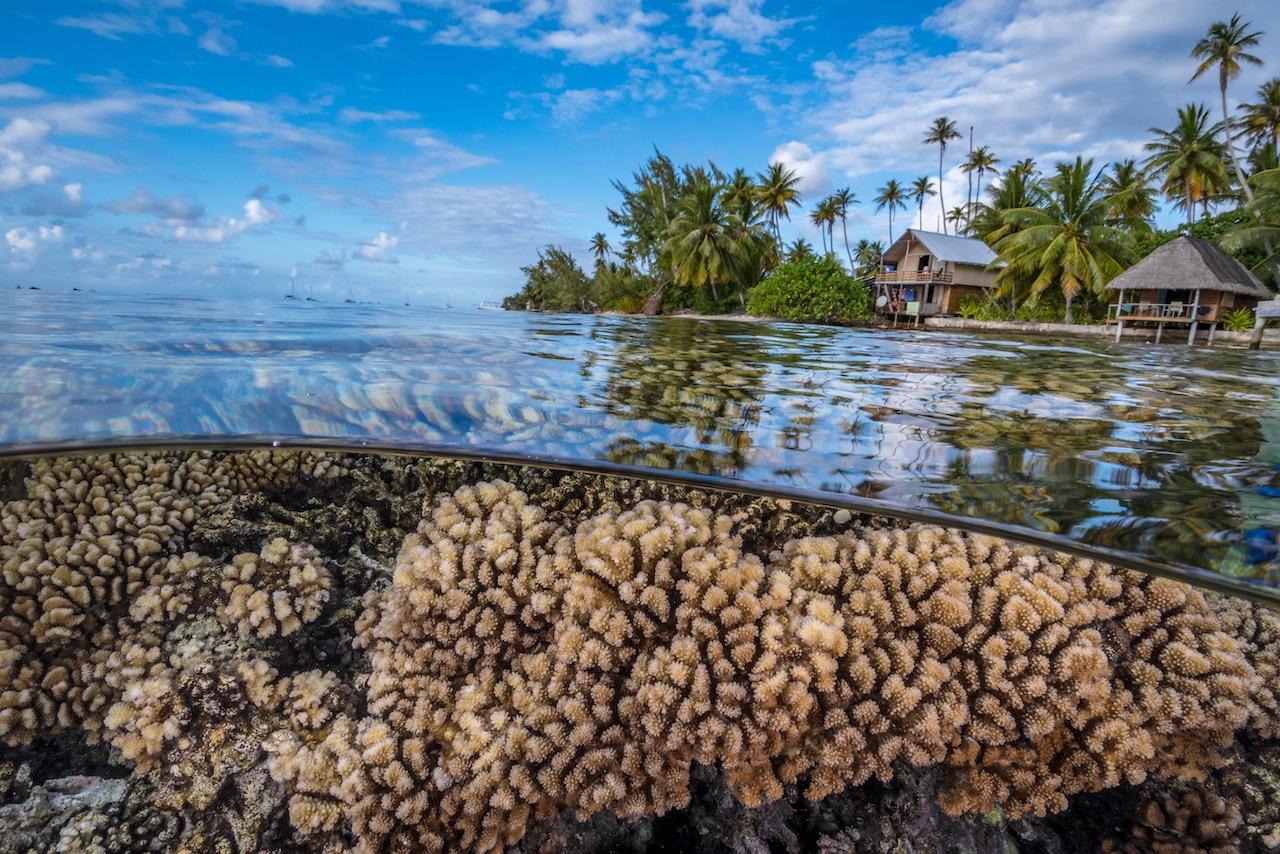
Coral reefs protect the coastline
Coral reefs help protect coastal communities from extreme weather events such as storms, tsunamis, and hurricanes/typhoons. They act as a natural barrier, absorbing the energy of waves and reducing the impact of storm surges which also lessen the damage they inflict on the shoreline and the coastal communities living there (not to mention mangroves and seagrass beds). Reefs also provide a source of sand to replenish beaches and prevent erosion.
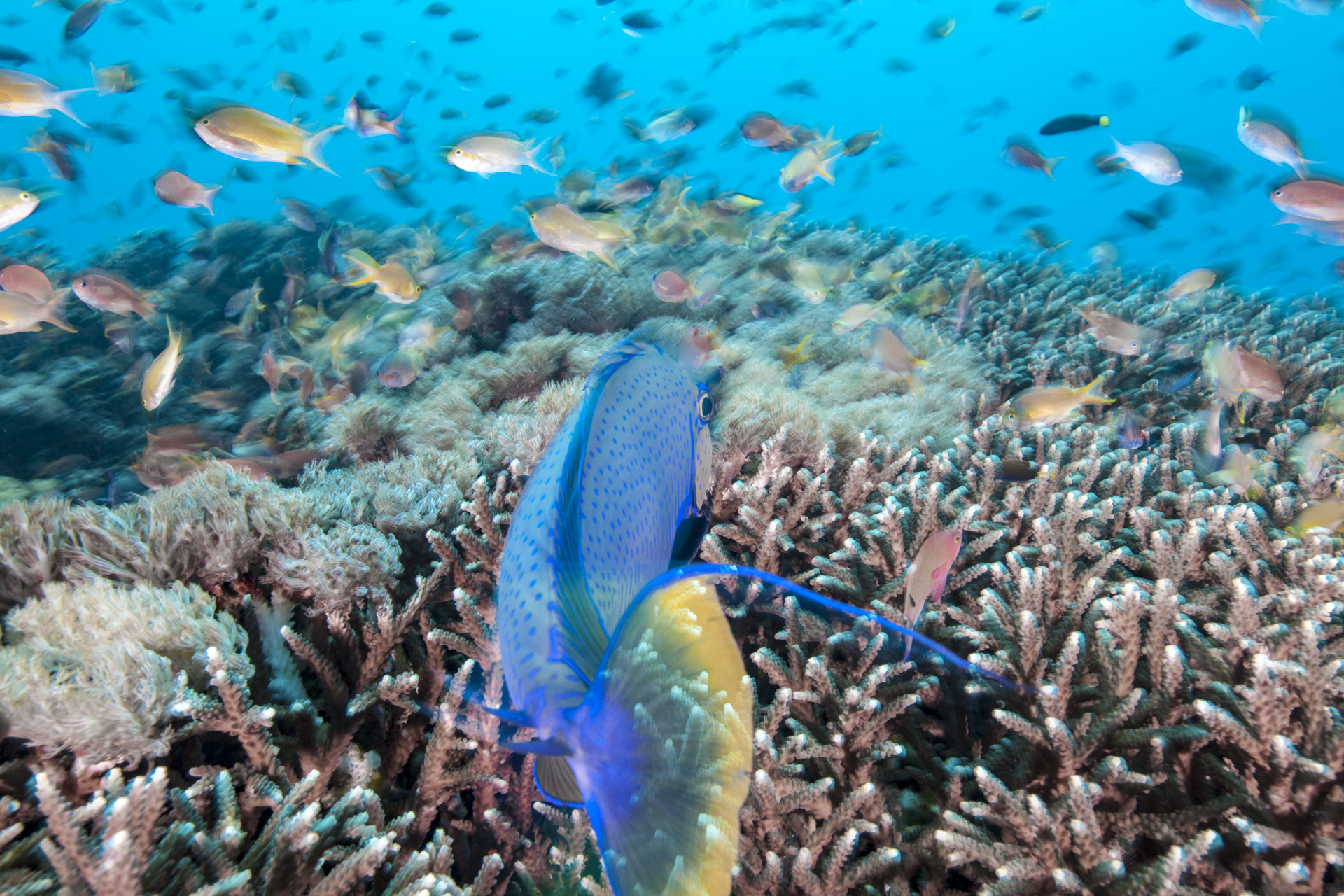
Coral reefs provide vital habitat for marine life
Coral reefs are among the most biologically diverse ecosystems on the planet. They provide a safe haven for a vast array of marine life, from fish to turtles, crabs to sharks, and thousands of other species. Besides that, they also provide food, protection, as well as nursery and spawning grounds. Without coral reefs, many fish and marine animals wouldn’t be able to survive, and there would be a severe imbalance in the broader ocean ecosystem. That makes them one of the most valuable ecosystems in the world!

Coral reefs provide food for millions of people globally
Millions of people worldwide live near coral reefs, and for many of these coastal communities, fish is the primary source of protein. According to the United Nations, over one billion people globally benefit from coral reefs. Many depend on them for food, income, and protection. In fact, 4.3 billion people worldwide rely on fish for 15% of their animal protein intake.
By providing a home and nursery ground to a vast number of marine species, which are harvested by both commercial and subsistence fisheries, coral reefs provide food for millions. A well-managed reef can provide around 15 tons of seafood per square kilometre yearly. Without them, millions of people around the world would lose their primary source of food and income.
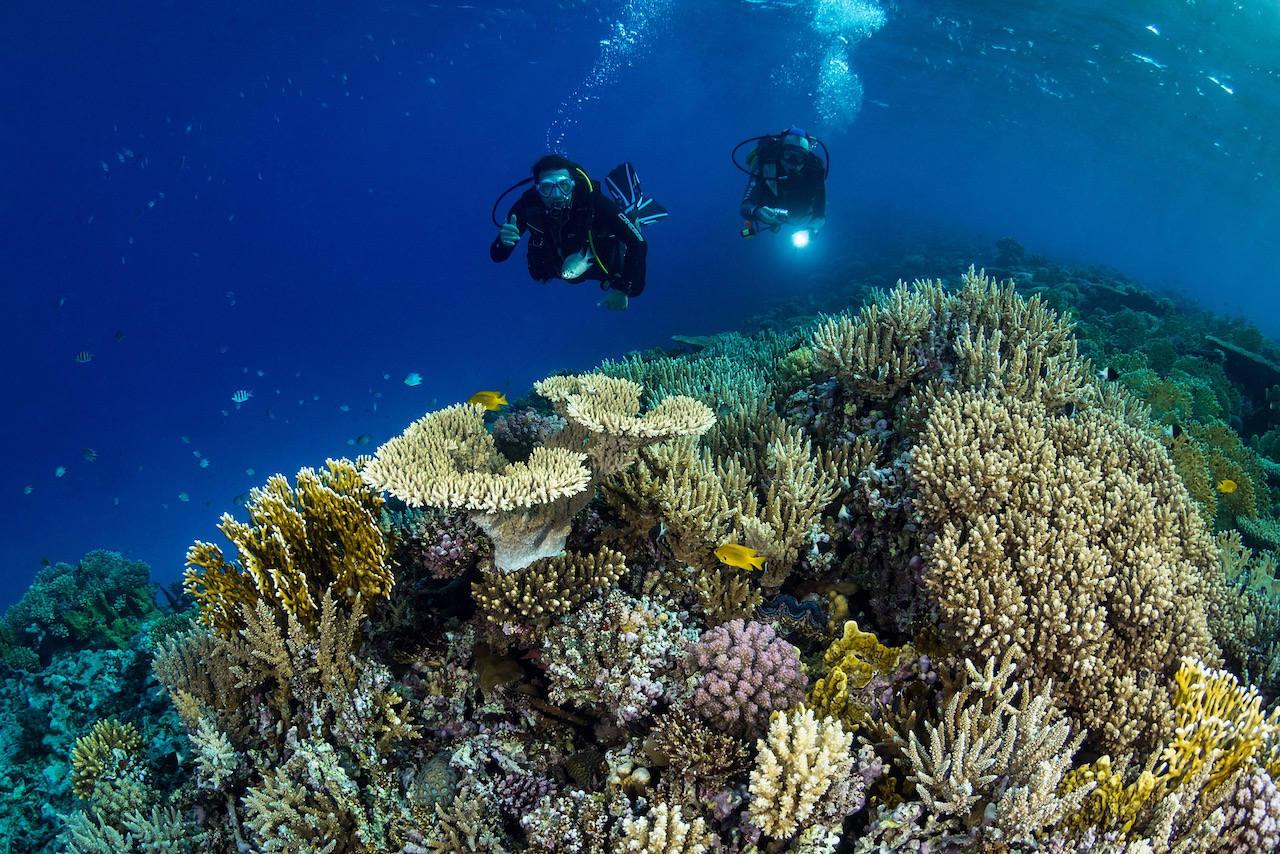
Coral reefs help boost the global economy
Coral reef ecosystems provide the community with resources and services worth $375 billion annually. A significant portion of that goes to the global fishery, providing food and livelihoods for hundreds of million people worldwide. They also generate billions of dollars in revenue through tourism and other industries.
Destinations with coral reefs are popular tourist attractions, drawing millions of visitors each year to explore these beautiful underwater ecosystems. This generates $36 billion for the global economy each year and supports many jobs in the tourism industry. From “on-reef” tourism like diving and snorkeling to “reef-adjacent” tourism that encompasses everything from enjoying beautiful views and beaches to local seafood.
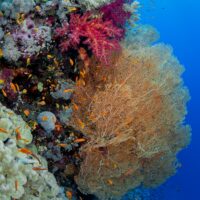
Coral reefs are home to 25% of marine life yet cover less than 1% of the Earth’s surface. Can you imagine that coral reefs could be gone in our lifetime? Studies have shown that by 2050, we may lose 90% of our coral reefs if drastic actions are not taken. They are under serious threats such as climate change, overfishing, pollution, coastal development, and local human activities. If they go, the health and well-being of people and the planet go with them.
As divers, you can take action to save and preserve our coral reefs by taking the Green Fins Diver e-Course or PADI AWARE Coral Reef Conservation course to learn how to play your part in protecting our ocean on every dive.
“If we don’t take action now, we could lose coral reefs. And that wouldn’t just be a biodiversity crisis; it would also be a humanitarian and an economic crisis,” said Dr Helen Fox, Conservation Science Director at Coral Reef Alliance
Author Biography – Teresa Moh
This article was written by guest blogger Teresa Moh.
Teresa Moh is the Communications Officer at The Reef-World Foundation, international coordinator of the Green Fins initiative. Prior to joining the conservation sector, she had years of experience working with the marine tourism industry and engaging with local coastal communities as a scuba diving instructor. At Reef-World, she supports the organisation to raise awareness on the importance of conservation work and running sustainable businesses.
